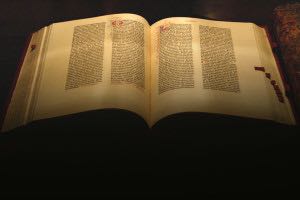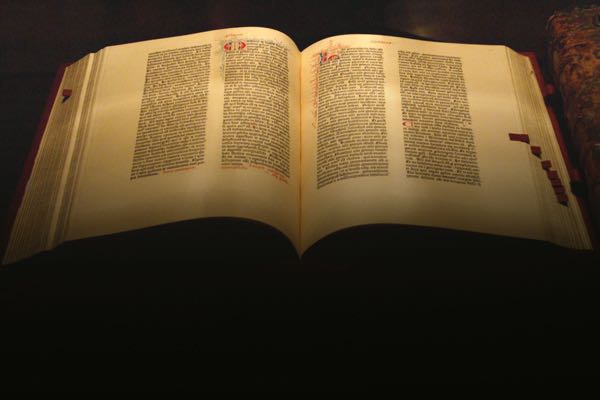
But, this sort of skepticism is clearly rooted in the presupposition I describe on this website and in my book, Cold-Case Christianity. If we begin from a position of philosophical naturalism (the presumption that nothing supernatural is possible), we have no choice but to describe the supernatural elements we find in the Gospels as lies. From a naturalistic perspective, prophetic claims are impossible. The skeptic, therefore, must find another explanation for Jesus’s prediction related to the temple; critics typically move the date of authorship beyond the date when the prophecy was fulfilled to avoid the appearance of supernatural confirmation. But as we described earlier, a fair examination of the evidence that supports supernaturalism must at least allow for the possibility of supernaturalism in the first place. The naturalistic bias of these critics prevents them from accepting any dating that precedes the destruction of the temple in AD 70 and forces them to ignore all the circumstantial evidence that supports the early dating.
When explaining why the destruction of the temple itself was not included in the gospel record, skeptics have argued that the gospel writers intentionally omitted the fulfillment to make the accounts look like they were written early. But if this was the case, why were the gospel writers unafraid to describe the fulfillment of prophecy in other passages in the Gospels? Over and over again we see the fulfillment of Old Testament messianic prophecies that are attributed to Jesus in one manner or another.
In addition to this, on several occasions Jesus predicted His own resurrection. The gospel writers readily described the fulfillment of these predictions in the resurrection accounts. Why would they be willing to describe this aspect of fulfilled prophecy, but shy away from discussing the destruction of the temple?
In addition, Luke freely admitted that he was not an eyewitness to the events in his gospel. He told us from the onset that he was writing at some point well after the events actually occurred, working as a careful historian. Why not include the siege of Jerusalem and the destruction of the temple? There was no reason to be shy here. Other Old Testament authors wrote from a perspective that followed the events they described and were unafraid to say so. Moses, Joshua, and Samuel, for example, repeatedly reported on events that took place well before their written account; they often wrote that the conditions they were describing continued from the point of the event “to this day” (indicating the late point at which they were actually writing). Why wouldn’t Luke take a similar approach to the destruction of the temple, especially given the fact that he made no pretense about writing as a historian? The primary motivation for denying the early authorship of the Gospels is simply the bias against supernaturalism that leads skeptics to re-date the Scriptures to some point following the fulfillment of Jesus’s prophecy. Share on X
While it is certainly possible that the Gospels were all written after the destruction of the temple, it is not evidentially reasonable. In fact, the primary motivation for denying the early authorship of the Gospels is simply the bias against supernaturalism that leads skeptics to re-date the Scriptures to some point following the fulfillment of Jesus’s prophecy.

J. Warner Wallace is a Dateline featured Cold-Case Detective, Senior Fellow at the Colson Center for Christian Worldview, Adj. Professor of Christian Apologetics at Talbot School of Theology, Biola University, author of Cold-Case Christianity, God’s Crime Scene, and Forensic Faith, and creator of the Case Makers Academy for kids.
Subscribe to J. Warner’s Daily EmailSave
J. Warner Wallace is a Dateline featured cold-case homicide detective, popular national speaker and best-selling author. He continues to consult on cold-case investigations while serving as a Senior Fellow at the Colson Center for Christian Worldview. He is also an Adj. Professor of Christian Apologetics at Talbot School of Theology, Biola University, and a faculty member at Summit Ministries. He holds a BA in Design (from CSULB), an MA in Architecture (from UCLA), and an MA in Theological Studies (from Gateway Seminary).
































